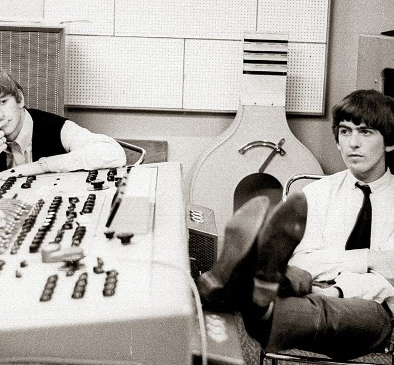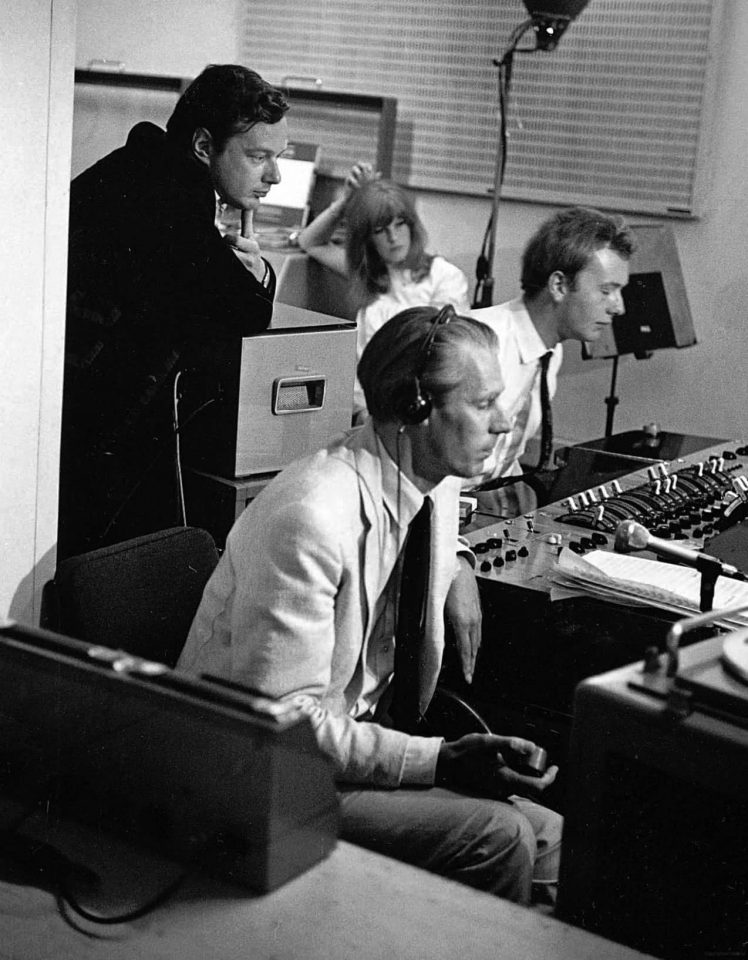
Each law, however, gets its own chapter: “Conceal Your Intentions,” “Always Say Less Than Necessary,” “Pose as a Friend, Work as a Spy,” and so on. These laws boil down to being as ruthless, selfish, manipulative, and deceitful as possible. This power game can be played well or poorly, and in these 48 laws culled from the history and wisdom of the world’s greatest power players are the rules that must be followed to win. We live today as courtiers once did in royal courts: we must appear civil while attempting to crush all those around us. The authors have created a sort of anti-Book of Virtues in this encyclopedic compendium of the ways and means of power.Įveryone wants power and everyone is in a constant duplicitous game to gain more power at the expense of others, according to Greene, a screenwriter and former editor at Esquire (Elffers, a book packager, designed the volume, with its attractive marginalia). Overall, however, Emerick provides an informative introduction to the creative process of the 20th century’s most influential rock musicians.Įxtremely technical and sure to alienate non-geeks, but nonetheless an illuminating chronicle. This British politeness at times works against the book, which can be dry. Admirably evenhanded, Emerick makes no secret of his affinity for Paul, whom he characterizes as polite and good-natured, but remains diplomatic when discussing each Beatle (and even Yoko). In the end, the reader knows the Beatles about as well as Emerick did-that is, not all that well, as he repeatedly admits. The author writes little of his personal life outside the studio, as he seemed to live and breathe his work.

Decades of all-night recording sessions, simultaneously invigorating and frustrating, followed, and album upon album of innovative, groundbreaking pop classics were recorded, peaking with the universally adored Sergeant Pepper’s Lonely Hearts Club Band and falling to a painful nadir with the spotty Abbey Road. Within a month, he witnessed the first recording session of a quartet of scruffy Liverpudlians just three years later, he was thrown into the fire as their sound engineer, working under the legendary “Fifth Beatle,” producer George Martin.

A combination of luck and persistence led to his first job, at age 16, at EMI Studios (later renamed Abbey Road), where he spent the next few decades.


Raised in North London, Emerick became enamored with recorded music as a tot, and with recording it as a teen. The Fab Four’s sound engineer, present from their first single to their final album, tells all about sharing studio time with the biggest rock band in history.


 0 kommentar(er)
0 kommentar(er)
